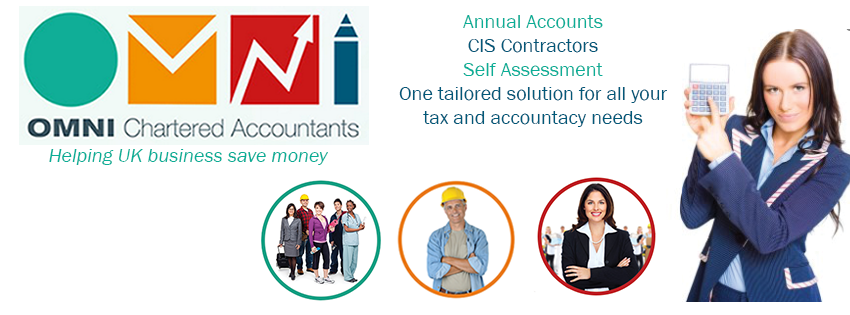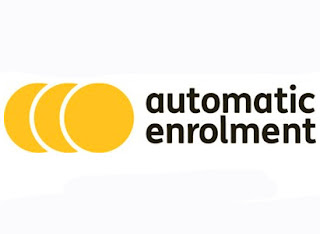Do you employ staff?
For the first time, employers are legally obliged to enrol
most of their workforce into a pension scheme and make employer contributions. Did
you know that these new duties apply to all
employers in the UK, regardless of the number of individuals they employ?
Staging date
Employers need to consider how they intend to comply with
their new pensions obligations well in advance of their ‘staging date’. Planning for a successful auto enrolment
launch can easily extend to become a twelve month process.
Auto-enrolment is aimed at encouraging pensions saving,
especially for the low paid, but its rules are complex and far-reaching. It will bring up to 10 million people into
pension saving, many for the first time ever.
When does Auto Enrolment apply?
It has already started! Each employer is being given a
staging date on which the new obligations will first apply. The staging dates fall between 1 October 2012
and 1 February 2018, depending upon the number of individuals the employer has
on its payroll.
Generally, larger employers will have earlier staging dates
than smaller employers. The Pensions
Regulator will write to an employer around twelve months before its due staging
date.
It is now beginning to include the smaller SME and
businesses with smaller numbers of employees
Qualifying Earnings
There are compulsory contributions, based on Qualifying
Earnings (further detail in the brochure), increasing through time to a minimum
of 3% from the employer, and 5% from the employee.
For many employers, who do not currently offer a pension
scheme to their employees, it means a significant increase in their payroll
costs plus the added burden of the administration and compliance requirements.
Is auto enrolment all about a change to pensions?
At first sight auto-enrolment is all about pensions.
However, it will have an impact on payroll procedures, insured benefits,
flexible benefits, salary sacrifice, data, record keeping, HR systems,
processes and much more.
Employers must correctly categorise the composition of their
workforce to understand specific entitlements under the new legislation. Even where an employee is not entitled to
auto-enrolment they still have rights under the new regulations. These include
the right to join the scheme, receive communications and possibly to benefit
from employer contributions.
What do I need to do about auto enrolment?
Successful implementation and planning, as noted above,
takes a minimum of 12 months, therefore if the staging date is, for example, 1
August 2016, employers need to start planning now.
If employers aren’t already doing so, then they should start
working closely with their advisers to prepare for auto-enrolment.
Auto-enrolment demands expertise and capacity across the
employee benefits field from a team of professionals who understand both the
auto-enrolment rules and the commercial and operational implications for entire
benefits programmes.
If you want to know more, have had a staging date
notification and want assistance or just want to get ready in advance, give
Omni Chartered Accountants a call today on 01902 837 408 or request a free of
charge call-back from our website
http://www.taxandaccountancysolutions.co.uk/.













